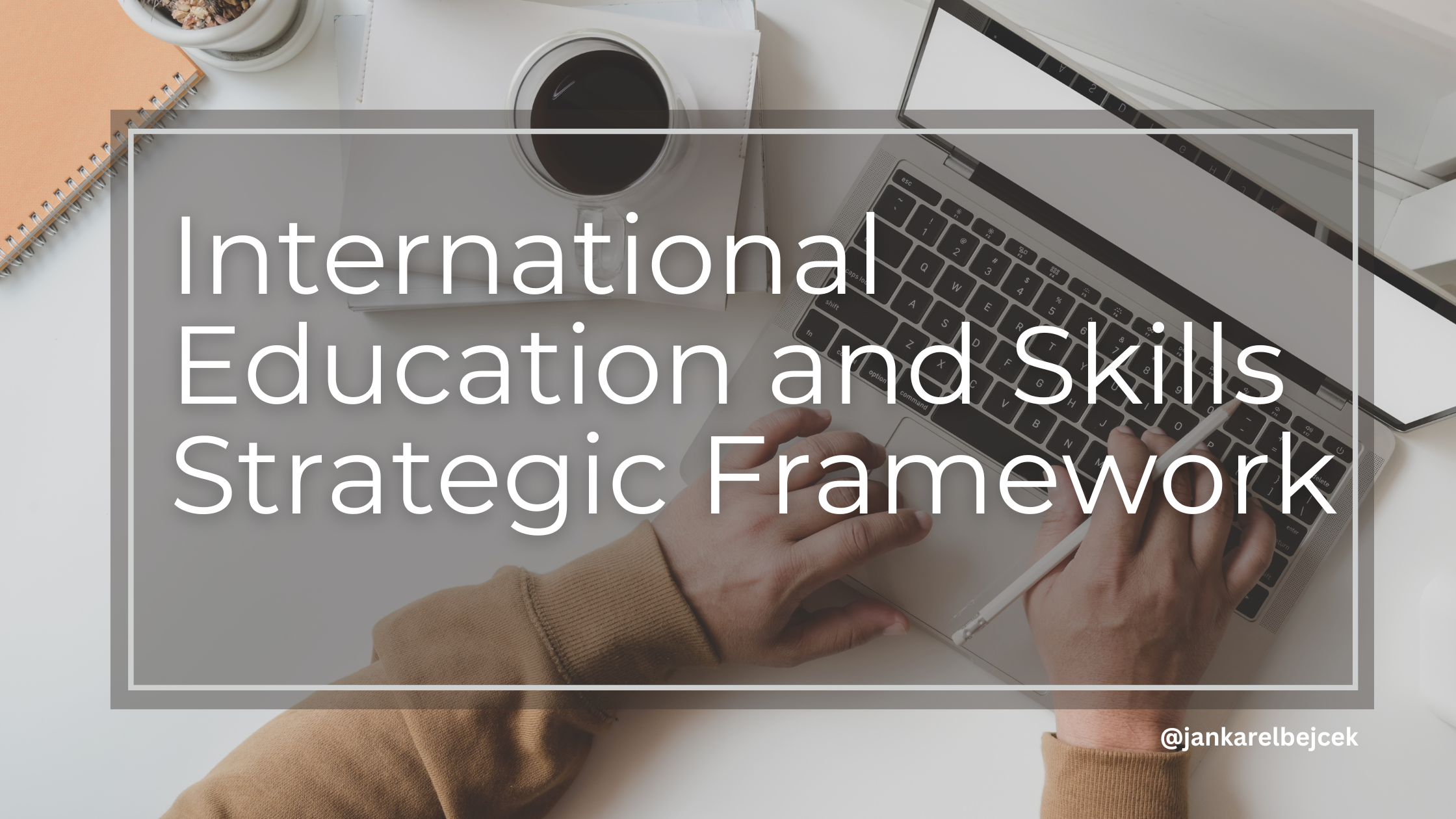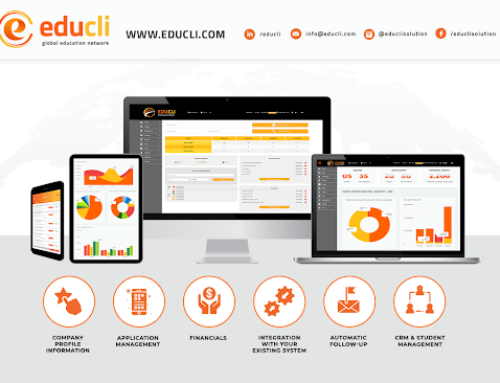International Education and Skills Strategic Framework – Our Analysis
On Saturday, the Australian government unveiled a draft International Education and Skills Strategic Framework, outlining future directions for Australia’s international education and training sector. The draft was part of a joint media release titled “Next steps in ensuring the integrity and sustainability of the international sector,” issued by the Minister for Education, The Hon Jason Clare MP, the Minister for Skills and Training, The Hon Brendan O’Connor MP, and the Minister for Home Affairs, The Hon Clare O’Neil MP.
Government’s Perspective on the Framework
The government emphasises sustainability, quality, and integrity as the core principles guiding the new Framework. The media release states:
- Quality and Integrity: Building a sector founded on these principles.
- Sustainable Growth: Implementing a managed system for long-term growth.
- Global Reach: Enabling Australian providers to expand their high-quality education and training internationally.
Sector Responses
International Education Association of Australia (IEAA): CEO Phil Honeywood expressed concern over potential government overreach and sought clarification in meetings with federal ministers.
English Australia: CEO Ian Aird criticized the abrupt announcement and voiced significant concerns about the government’s approach potentially harming the sector’s reputation.
Universities Australia: CEO Luke Sheehy highlighted the sector’s successes and contributions while stressing the importance of collaborative policy development with the government.
Group of Eight: CEO Vicki Thomson supported the focus on quality and integrity and acknowledged the necessity of a thorough consultation process to balance national and international student outcomes.
Consultation Challenges
The Framework’s development without prior consultation has caused frustration within the sector. Despite the government’s assurance of forthcoming consultations, the Department of Education suggests these will be limited to key stakeholders, casting doubt on the breadth of engagement. The final Framework is expected later this year, a timeline seen as ambitious by many familiar with government processes.
Breakdown of the Framework
Objective 1: Quality and Integrity
Central to the Framework, this objective aims to enhance the sector’s quality and integrity, impacting student experience and Australia’s reputation. Key measures include:
- 24-month course delivery requirement for new providers.
- Cancellation of registration for providers inactive for 12 months.
- Strengthened provider vetting to prevent collusion with education agents.
- Legislative powers to prevent low-quality courses.
- Enhanced scrutiny of provider-agent relationships and transparency of agent commissions.
Objective 2: Sustainable Growth
This objective focuses on managing the sector’s growth to protect Australia’s reputation and social license. Proposed actions include:
- Caps on international student enrolments by provider and course.
- Limits on courses with persistent quality issues.
- Tying enrolment limits to the availability of purpose-built student accommodation (PBSA).
- Consultation with the VET sector to align enrolment distribution with government objectives.
Objective 3: Global Expansion
The Framework highlights the potential of transnational education (TNE) for future growth. It outlines existing government efforts to support TNE but lacks concrete new actions to leverage these opportunities.
Conclusion
The proposed Framework emphasises compliance, quality, integrity, and sustainability. However, the sector notes a disconnect between the outlined opportunities and actionable support measures. The government’s approach appears focused on regulation and control rather than proactive investment in fostering growth and innovation within the international education sector.





Leave A Comment